Giving a small window of time to briefing your recruitment agency will increase the success of your hiring initiatives beyond measurement.
1. A briefing provides the kind of ‘soft’ details that a role description cannot provide
Role descriptions vary in their quality, ranging from a short, concise bullet pointed documents to extensive three page insights into company culture and required attitudes as well as the specifics of the role.
Either way, many will not contain information that candidates will often ask, such as:
- What projects will I be working on for the first 6 months?
- What is the flexibility of the role in terms of number of days at the office site and working hours? (particularly relevant for working parents who have childcare arrangements that need to continue working for them)
- What career progression will this role give me in the short and long term?
- How many people are in the team I will be working in?
These are a few examples, and there are many more that could be added to the list.
When we undertake a briefing with a Hiring Manager we have the opportunity to ask all of the questions that we anticipate the candidates are likely to ask. The briefing also gives us an insight into the personality of the Hiring Manager, their dynamism, their key objectives, their business aims, their place in the wider hierarchy – things that just don’t (or even, can’t) make it onto role specifications.
Following a briefing call, we can distil what the key must-haves from the role description are, and where compromises can be made. We have a good feeling for the culture and ethos of the business area and, more importantly, we will be very well placed to go to the marketplace to find you the best candidates.
2. Your recruitment agency is possibly your next big hire’s first experience of you
We want to position your business and your role in in the best light possible and give the most professional presentation of the details and nuances that we can.
Unless you are a household name, the chances are that some candidates won’t have heard of you and, even if they have, they may not know your values as an employer.
If we’ve spoken and are fully briefed, we will be able to represent you well. You will benefit from the fact that we have been able to be insightful, knowledgeable and interested in your business, because the candidate will in the first instance be learning about you from us.
3. Candidates feel valued
If we are able to answer candidates’ questions meaningfully, they are able to decide quickly if the role may suit them – and they are likely to be impressed with and attracted to your business if your employee-centric policies are clearly communicated and in the best light.
The real X factor in this is being able to answer the questions that are individual in their nature. Such things can be non-negotiable for candidates but, again, are rarely detailed in standard role specifications –
- Can I leave early on a Monday & Tuesday as I do the childcare runs then?
- What is the dress code as I really hate wearing a suit?
- In my current role, I work from home for 2 days a week, will this be possible with this opportunity?
- I am currently on a Talent Leadership programme for high level performers, does this exist with this client?
- If I were to move now I would lose out on my bonus payment due in 3 months? Does the client offer a signing-on bonus to mitigate this?
Comprehensive answers to these questions reassure the candidate they are dealing with an agency who knows their client well, and makes it clear to them that the screening is a good two-way process.
In short, it’s another early opportunity for us to establish a good impression of your business.
4. A briefing forms a stronger working relationship between agency and client
An agent will always prioritise a role to work where they have received real buy-in and support from their client. The key benefit to the client is that the briefing process will lead to a higher level of quality for candidates submitted to the role, with relevant and extensive notes attached.
Throughout the recruitment process, open channels of verbal communications will result in further benefits:
- We can give feedback on remuneration packages being paid in the marketplace, ensuring the client is competitive
- We can advise on location “hotspots” for the skill-set being sought, allowing clients to consider how to use their own office bases most effectively
- We can pass on information about other relevant technologies and/or methodologies being deployed by competitors, which may inform how they look to complement their own systems and therefore be useful from a potential candidate
These are just a few examples of how spending time on briefing your agency can pay dividends, and more may well arise dependent on the role being recruited for.
Ultimately, agencies are sought to source and place well matched candidates. Deploying a strategy focused on a detailed role briefing will be the biggest differentiator in ensuring this occurs – and will allow us to fulfil our true potential as your partner in recruitment.






